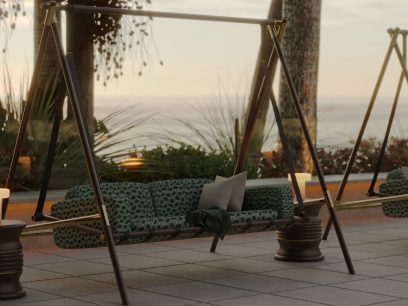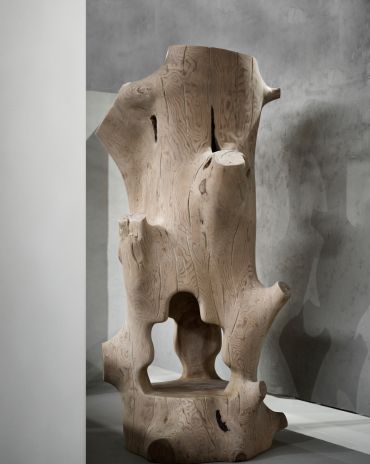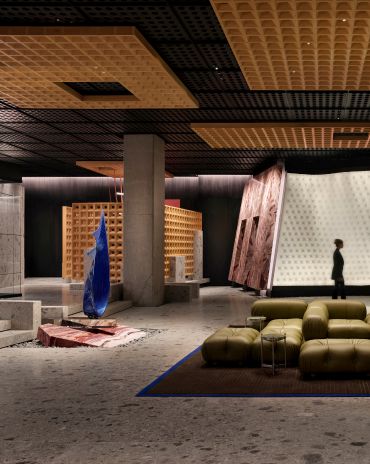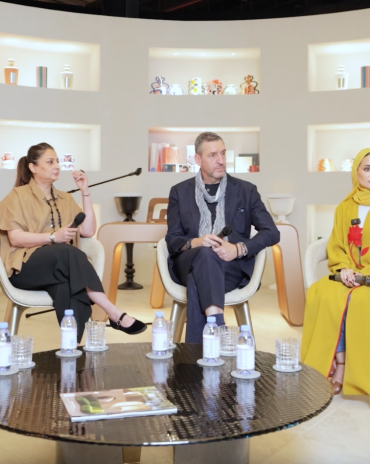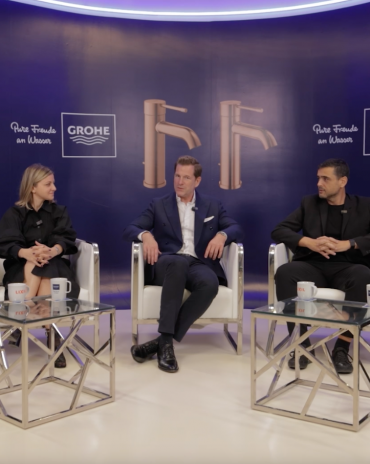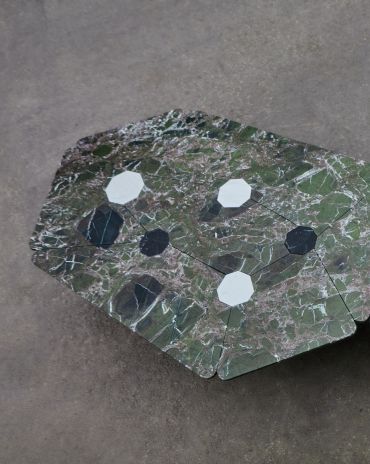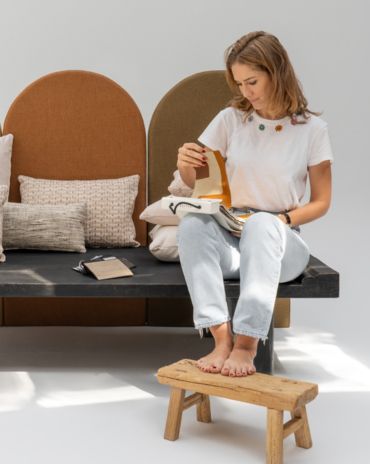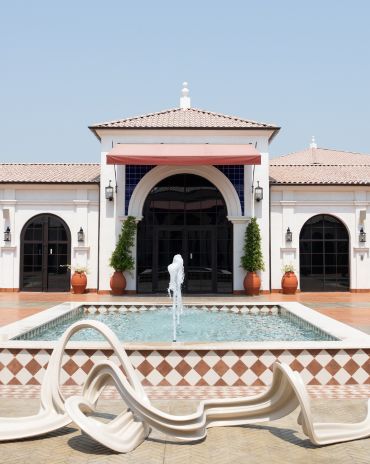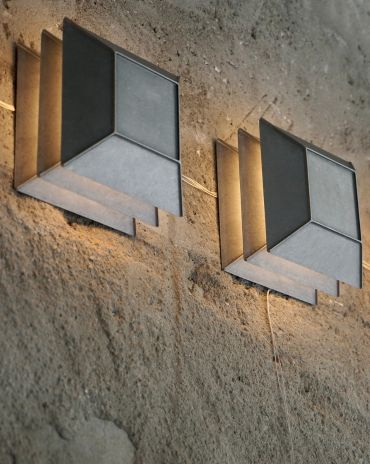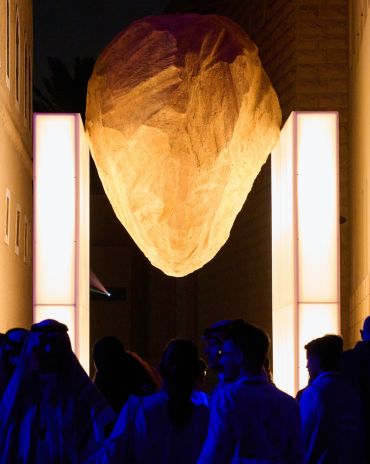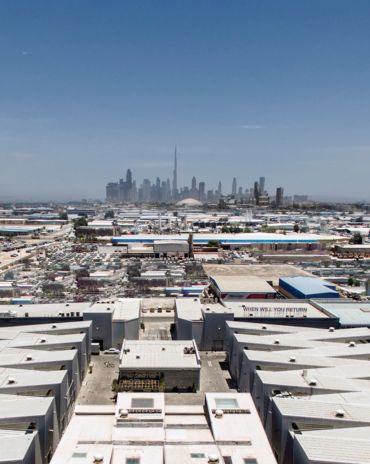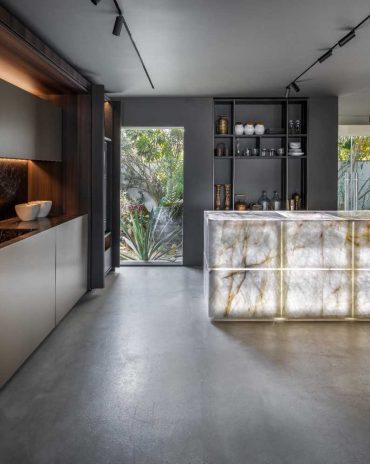Copyright © 2025 Motivate Media Group. All rights reserved.
Rebuilding Beirut: ‘I hope Beirut won’t become another ghost city’ says Carl Gerges
Beirut-based architects and designers share stories from the day of the Beirut blast
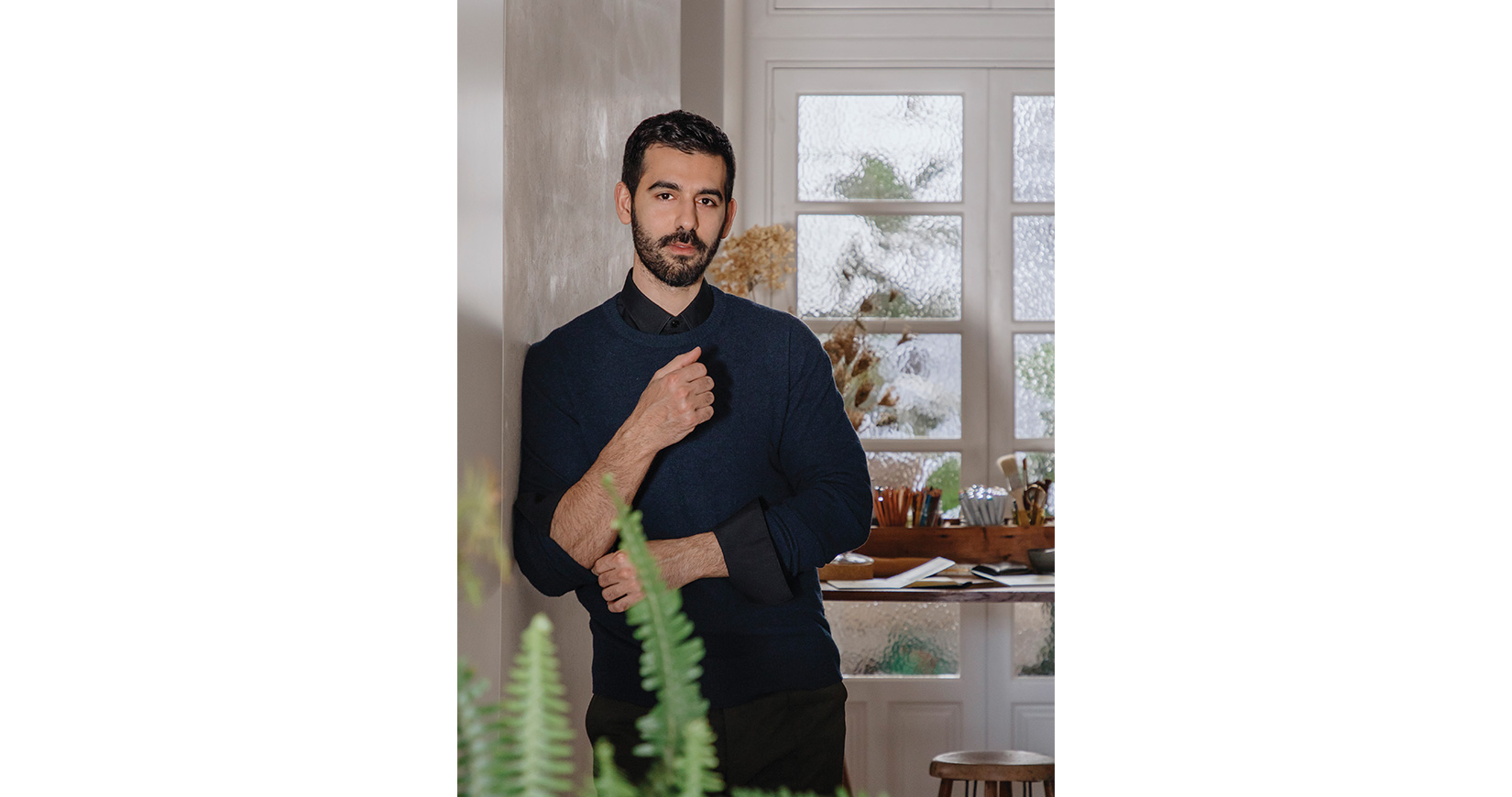
Where were you during the blast on August 4? Carl Gerges: It was my friend’s birthday and I was expecting a couple of people over. I was cooking in the kitchen when I heard a loud vibration. I got closer to the living room’s window to see what was happening and then a huge blast blew me back into the kitchen.
I got up and immediately went to hide in the powder room because it doesn’t have any windows and this is what we were taught to do growing up in Beirut. The sound of the blast was so loud and violent that my ears were still ringing. I waited a couple of seconds and then I started hearing sirens, alarms, people screaming and crying; everything felt really close. I rushed to the balcony and through the smoke and orange fog, buildings started to appear. Beirut was in ruins. The towers were all naked, the houses destroyed, the cars wrecked, and the streets were flooded with glass and blood. It was a traumatic and horrifying sight. When I went back inside, I didn’t recognise my apartment: everything was broken. I then, sadly, realised that the home that we spent many years building got wiped out in a blink of an eye. Luckily I got away with a couple of scratches, but I knew that the human losses were going to be colossal and that my friends and loved ones were the ones directly affected by this crime against humanity.
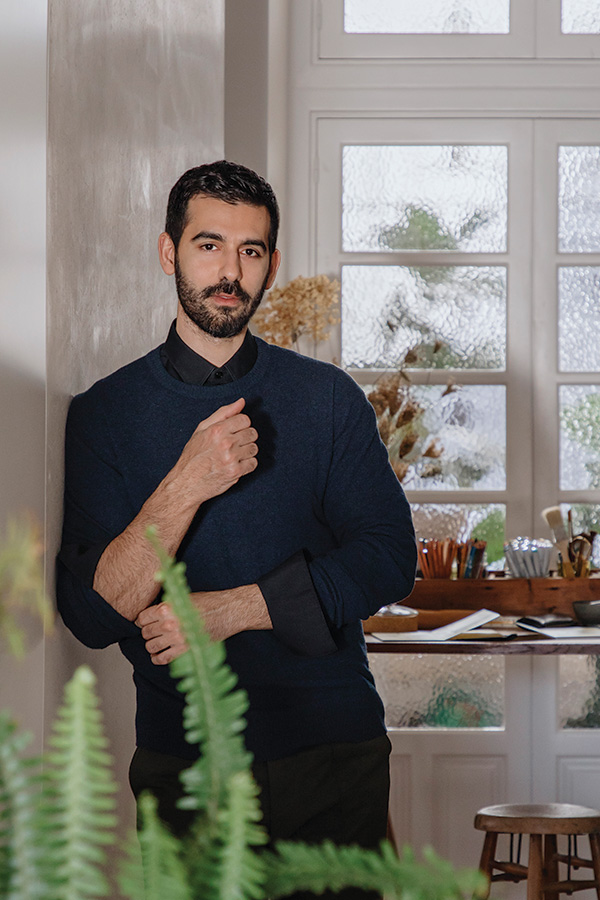
Photo: Pedro Hasrouny
How are you currently feeling after the incident? If 2020 was a normal year for me I would’ve said that surviving this explosion would’ve made me stronger. But I personally have been dealing with disasters for a couple of years now. It started with my band (Mashrou’ Leila) getting censored, banned and attacked many times. I received a series of death threats, got arrested, I watched my country’s economy collapse, our currency devalue like never before. We got shot at, we got robbed, we got in and out of lockdowns a thousand times, we’re still experiencing travel bans, we’re dealing with COVID-19 and now the explosion. I think I’m feeling a new kind of sentiment that hasn’t been defined yet. I’m enraged, angry, despaired, frustrated, but I still want to put up a fight, to rebuild and to move forward.
“It has become a bestseller to talk about war and to get inspired by destruction. I strongly believe that it’s our duty to change this discourse and to shift towards a more positive, constructive and contemporary narrative.”
Do you have hope that you will be able to rebuild the city? The day following the explosion, while bodies were still under the rubble, volunteers from all over Lebanon came to offer their help. No one from the government or from the authorities lifted a finger, they were busy covering up evidence and slowing down the investigation. It’s the Lebanese people who once again did the government’s job. Unfortunately this is how we were all brought up. We are one of the most resilient populations; not because we are born this way but because we have lived through so many atrocities. I have no doubt that we will rebuild the city, that we will grow even stronger and that we will live and dance again, but I have other concerns. We have to prevent this from happening again.
What do you think are some of the main challenges in rebuilding and how can communities outside help? The challenges are endless. Designers and architects in Lebanon have already been struggling from the economic collapse. Resources and raw materials have been scarce and extremely expensive. Besides these practical and financial constraints, I’m worried that the new generation of architects will once again follow the footsteps of the civil war generation that preceded us. It has become a bestseller to talk about war and to get inspired by destruction. I strongly believe that it’s our duty to change this discourse and to shift towards a more positive, constructive and contemporary narrative.
Are you planning on working with any initiatives? We teamed up with a group of designers to survey and renovate impacted traditional Lebanese houses in Gemmayze street. Our goal is mainly to document and archive every single element of these majestic remnants, from plans and elevations, to details, ornaments, ceiling fresques and moulures. Unfortunately, they are heavily damaged and structurally fragile. In case of a partial collapse, we will have all the needed documents on hand to be able to rebuild. In parallel, we will work with structural engineers to reinforce and save the existing weakened structures, and later start renovation and rehabilitation works.
What message would you like to send out to the world? Don’t stop talking about Lebanon.
Are you able to comprehend what the future in Beirut may look like? Lebanon has always been a playground for the world powers. There are so many countries and parties involved, so many complex deals that are happening under the table in a mafia-run, corrupt environment. No one will ever succeed in seeing clearly what the future may look like. We’ve been living in limbo and maybe that was the charm of Beirut, but what just happened is a huge slap in the face and an alarming wake-up call. It has become evident that something drastic has to change. I hope that our Beirut won’t become another ghost city like Solidaire or Downtown. I also hope people won’t sell their properties and leave, and that developers won’t destroy our heritage – or what’s left of it – to build soulless buildings. Everything can be saved.
The Latest
Past Reveals Future
Maison&Objet Paris returns from 15 to 19 January 2026 under the banner of excellence and savoir-faire
Sensory Design
Designed by Wangan Studio, this avant-garde space, dedicated to care, feels like a contemporary art gallery
Winner’s Panel with IF Hub
identity gathered for a conversation on 'The Art of Design - Curation and Storytelling'.
Building Spaces That Endure
identity hosted a panel in collaboration with GROHE.
Asterite by Roula Salamoun
Capturing a moment of natural order, Asterite gathers elemental fragments into a grounded formation.
Maison Aimée Opens Its New Flagship Showroom
The Dubai-based design house opens its new showroom at the Kia building in Al Quoz.
Crafting Heritage: David and Nicolas on Abu Dhabi’s Equestrian Spaces
Inside the philosophy, collaboration, and vision behind the Equestrian Library and Saddle Workshop.
Contemporary Sensibilities, Historical Context
Mario Tsai takes us behind the making of his iconic piece – the Pagoda
Nebras Aljoaib Unveils a Passage Between Light and Stone
Between raw stone and responsive light, Riyadh steps into a space shaped by memory and momentum.
Reviving Heritage
Qasr Bin Kadsa in Baljurashi, Al-Baha, Saudi Arabia will be restored and reimagined as a boutique heritage hotel
Alserkal x Design Miami: A Cultural Bridge for Collectible Design
Alserkal and Design Miami announce one of a kind collaboration.
Minotticucine Opens its First Luxury Kitchen Showroom in Dubai
The brand will showcase its novelties at the Purity showroom in Dubai

